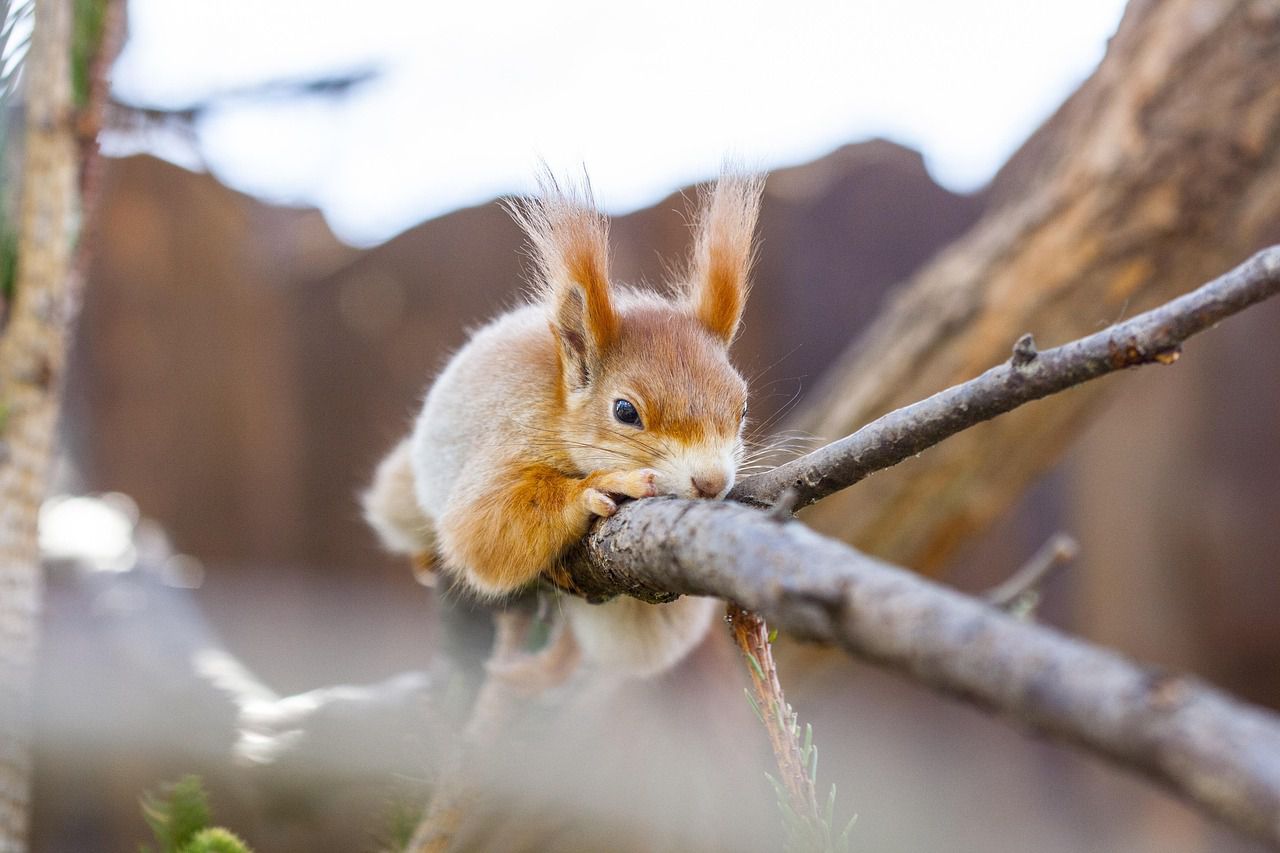If you're interested in slightly more exotic pets, then you can get a squirrel - it can be fun!
While they are small and cute, they are also wild, so you should know some rules on ho to be a good pet owner for them.
Let's see what you should do to provide the best conditions for this animal.

Rescue and Rehabilitation
Instead of attempting to capture a wild squirrel, consider getting involved with local wildlife rescue and rehabilitation organizations.
They can provide guidance on caring for injured or orphaned squirrels and, in some cases, you might be able to legally care for one under their supervision.
Habitat
Squirrels are highly active and need ample space.
If you intend to keep a squirrel, you'll need a large outdoor enclosure with plenty of climbing opportunities, hiding spots, and areas for foraging.
Indoor cages are not suitable for squirrels in the long term.
Dietary Needs
Squirrels have diverse dietary requirements, including nuts, fruits, vegetables, and insects.
You must thoroughly research their specific dietary needs and consult with wildlife experts or veterinarians who are experienced with exotic animals to ensure the right nutrition.
Socialization
Squirrels are social animals, and it's better to raise more than one together if possible.
Companionship can help prevent loneliness and provide mental stimulation.
Medical Care
Find a veterinarian who has experience with exotic animals, particularly squirrels.
Regular check-ups and vaccinations may be necessary to ensure the health of your pet squirrel.
Safety Precautions
Keep in mind that squirrels can carry diseases, so always wash your hands thoroughly after handling them.
As they mature, they may become more aggressive, so handle them with caution.
Wild animals, including squirrels, have complex needs that are challenging to meet in a home setting.













